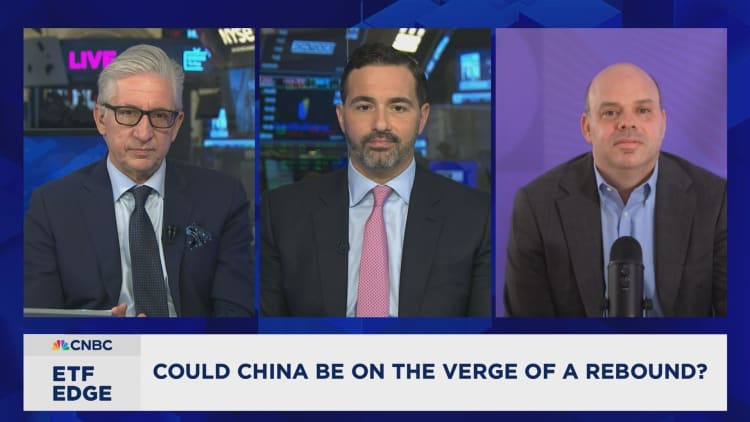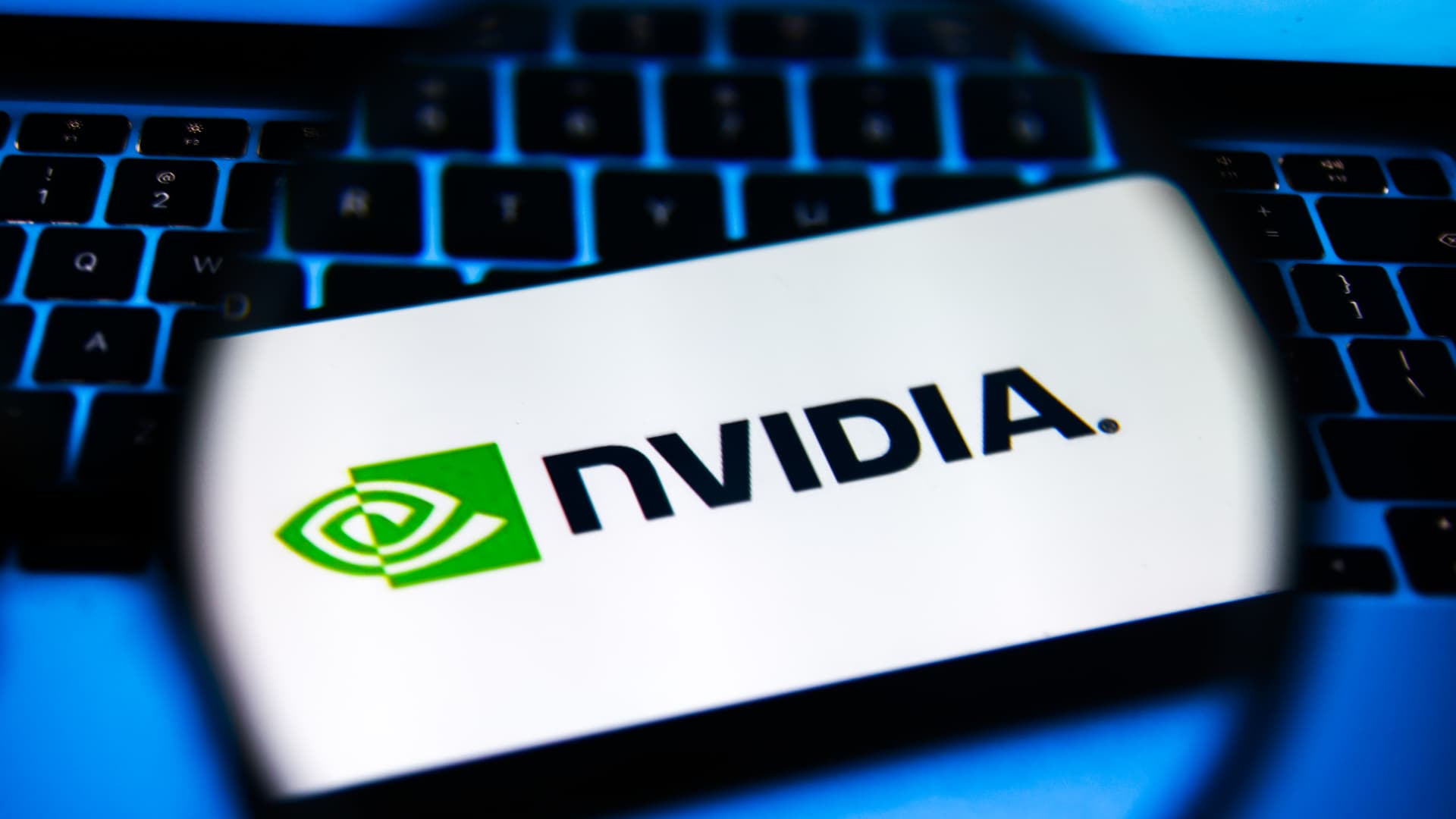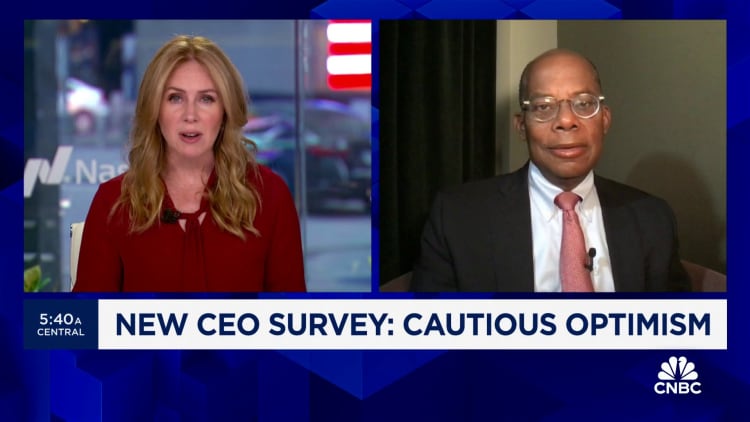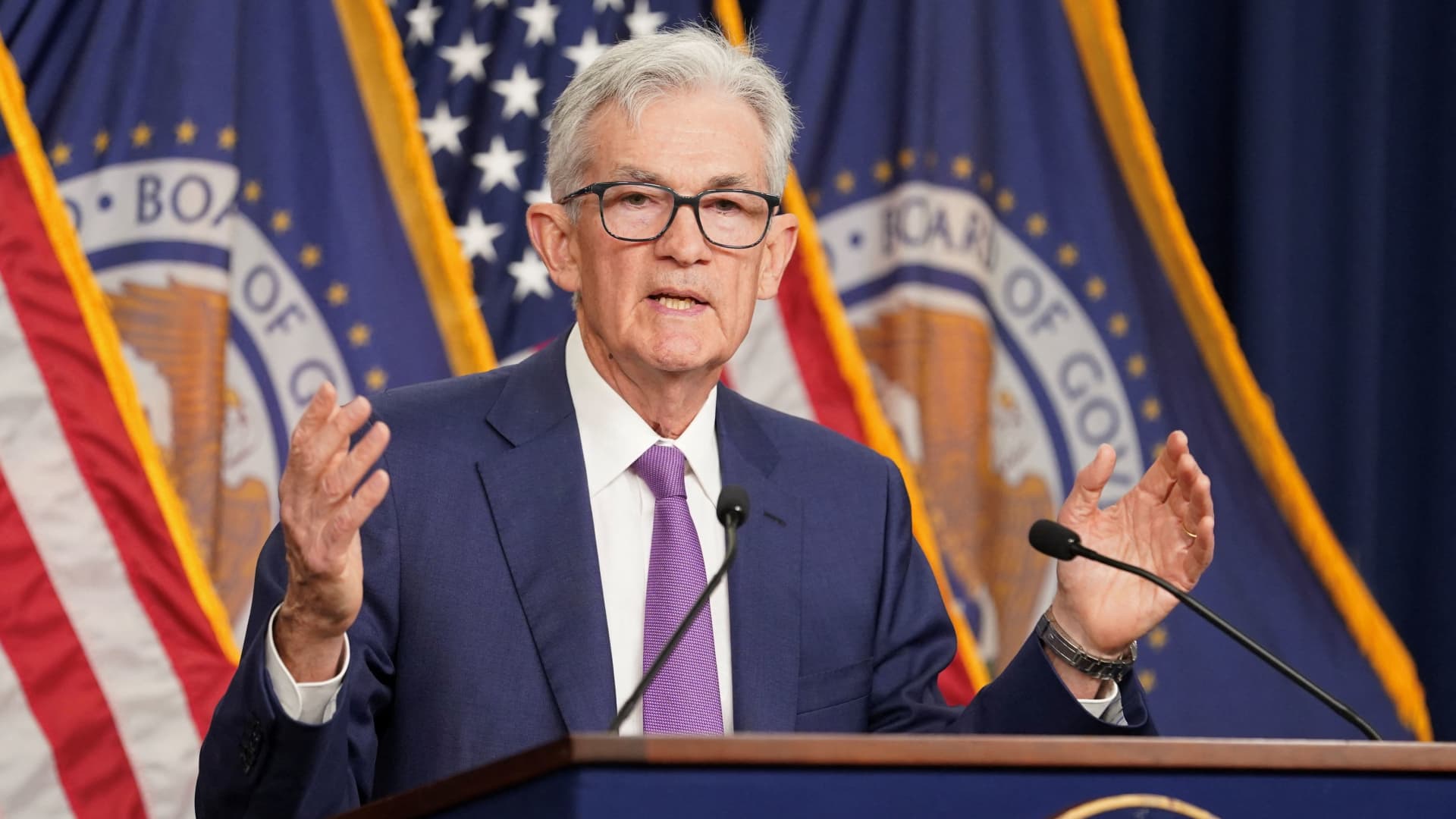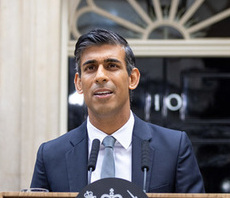Roundhill Investments wants to mimic the success of its Magnificent Seven ETF (MAGS) in China.
The firm’s CEO Dave Mazza plans to launch the Lucky Eight ETF, which aims to be China’s answer to the success of Wall Street’s big tech stocks.
“There’s a lot of question marks about the Chinese economy and the potential for growth of the consumer in China,” Mazza told CNBC’s “ETF Edge” on Monday. “But at the end of the day, we believe that investors are looking for exposures that give them precision, just like we found with MAGS.”
Trading under the ticker “LCKY,” the Lucky Eight ETF will include equal-weighted exposure to Tencent Holdings, Alibaba, Meituan, BYD, Xiaomi, PDD Holdings, JD.com and Baidu at launch. According to Roundhill’s SEC filing on May 17, these names were chosen due to their “market dominance in technological innovation.”
“Particularly if they’re coming out of an economic slowdown, that could be an opportunity for investors to step into China and do so in just really the names that matter,” Mazza said.
While existing exchange-traded funds such as the KraneShares CSI China Internet ETF offer broad exposure to Chinese tech, Mazza hopes to give investors the option to focus on just a few key names in the space.
“I firmly believe in broad based diversification for big parts of a portfolio,” Mazza said. “But if you just want those names, it’s hard to get with some traditional Chinese ETFs. And this is going to do that.”
Pending SEC approval, the Lucky Eight ETF is set to launch this summer.
